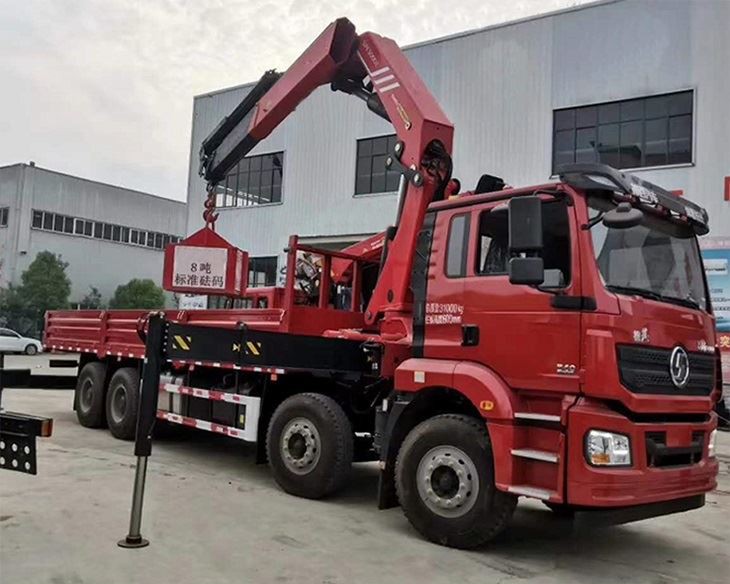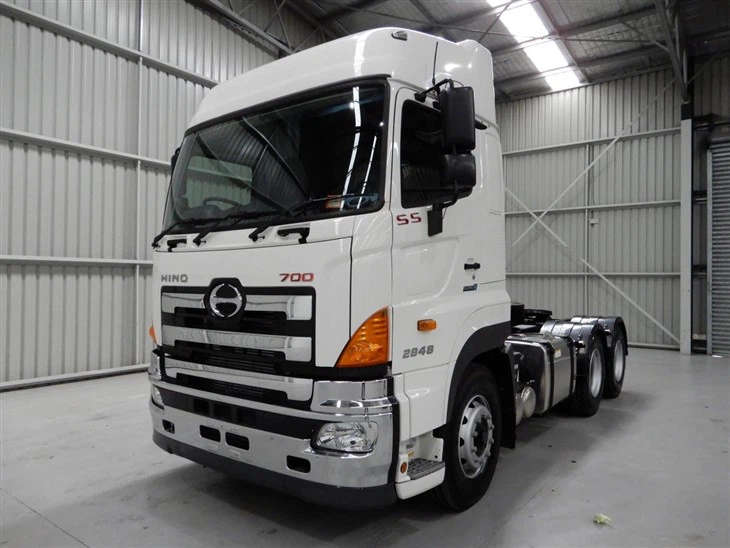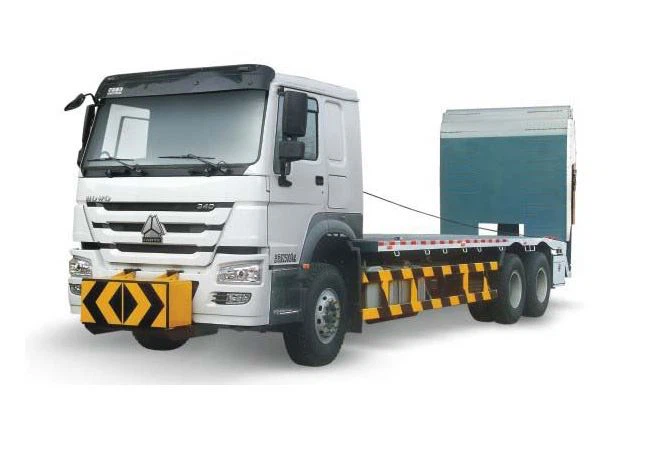Septic Vacuum Trailer for Sale: Everything You Need to Know

Introduction
If you’re in the waste management industry or need to manage septic systems, investing in a septic vacuum trailer can significantly enhance your operations. These specialized trailers are designed to efficiently remove waste from septic tanks, holding tanks, and grease traps. With numerous options available for sale, it’s essential to understand what to look for when purchasing a septic vacuum trailer. This guide will explore various aspects, from features and benefits to maintenance tips, ensuring that you make an informed decision when buying a septic vacuum trailer.
Understanding Septic Vacuum Trailers
What is a Septic Vacuum Trailer?
A septic vacuum trailer is a mobile unit equipped with a vacuum pump and a holding tank specifically designed for the safe and efficient removal of septic waste. These trailers are towed by vehicles and are essential in residential and commercial septic tank maintenance, particularly in areas where access to traditional pumping equipment is limited.
Why Invest in a Septic Vacuum Trailer?
Investing in a septic vacuum trailer offers several advantages:
- Mobility: Being towable, these trailers can easily access job sites without the need for specialized vehicles.
- Efficiency: Vacuum trailers can quickly remove large volumes of waste, saving time and labor costs.
- Reduced Environmental Impact: Proper disposal and treatment of waste protect the environment and comply with regulations.
- Versatility: They can be used for various applications beyond septic waste, including grease trap cleaning and industrial waste collection.
Key Features to Look for in a Septic Vacuum Trailer

Tank Size
The tank size is one of the most critical factors to consider. It should align with your operational needs. Common sizes range from 500 to 3,000 gallons. For smaller tasks or residential use, a smaller tank may suffice; however, larger jobs may require a more substantial capacity.
Pump Capacity
Choose a trailer with a pump that matches the demands of your business. Typical vacuum pumps vary in capacity from 500 to 1,500 CFM. Higher CFM ratings indicate faster and more efficient waste removal.
Material and Build Quality
Look for trailers constructed from high-quality materials such as steel or aluminum, which ensure durability and resistance to corrosion. The tank should also have a protective coating to maximize longevity.

Frame and Suspension
The suspension system significantly impacts towing stability and ride quality. Ensure that the trailer has a sturdy frame and a reliable suspension system suited for the weight of the tank and waste.
Vacuum System
An effective vacuum system is essential for the performance of the trailer. Check the manufacturer’s specifications for the type of vacuum pumps used, as gear-drive pumps tend to be more effective compared to belt-driven variants.
Cost Considerations
Pricing Range
The price of septic vacuum trailers can vary widely based on their size, features, and brand. Generally, you can expect to pay anywhere from $10,000 to $50,000 or more. Consider your budget and intended use when evaluating options.
Financing Options
If buying outright isn’t feasible, explore financing options. Many manufacturers and dealers offer financing plans, so you can acquire a trailer while spreading out payments over time. Additional financing avenues include bank loans or equipment leasing.
Selecting the Right Vendor
Research and Recommendations
When looking for a septic vacuum trailer for sale, doing thorough research is essential. Seek recommendations from industry colleagues, read online reviews, and compare multiple vendors to ensure you find a reputable seller.
Visit Trade Shows and Expos
Trade shows often feature various models, giving you a chance to inspect the trailers personally. Interacting with manufacturers directly allows you to ask questions and get valuable insights into their products.
Maintenance Tips for Your Septic Vacuum Trailer
Regular Inspections
Routine inspections are crucial for maintaining your equipment. Check for leaks, cracks, and the general condition of both the trailer and the pump system. Regular maintenance can prevent costly repairs down the line.
Proper Cleaning
After each use, clean your vacuum trailer thoroughly. This includes emptying the tank and rinsing it down to eliminate residual waste odors and buildup that could impair performance.
Oil Changes
Just like any vehicle, septic vacuum trailers require regular oil changes. Follow the manufacturer’s guidelines for oil change intervals for optimal pump performance and longevity.
Winterization
If you operate in cold climates, ensure proper winterization of your equipment to prevent freeze damage. This may involve adding antifreeze to the system and protecting hoses and fittings.
Common Uses of Septic Vacuum Trailers
Residential Septic Pumping
Homeowners may require septic tank pumping services every 3-5 years, depending on usage. Vacuum trailers can provide efficient service without cumbersome setup.
Commercial Waste Management
Restaurants and food processing facilities often need regular grease trap cleaning. A vacuum trailer can handle these tasks quickly, maintaining compliance with local regulations.
Construction Sites
Construction sites often generate significant waste. Using a vacuum trailer ensures effective waste collection, helping keep the site organized and safe.
Regulations and Compliance
Understand Local Regulations
Before purchasing a septic vacuum trailer, familiarize yourself with local and state regulations regarding waste management. Compliance with environmental regulations is vital to avoid fines and legal issues.
Licensing and Certification
Ensure you and your employees obtain any necessary licenses and certifications before operating septic vacuum trailers. Training in proper waste handling procedures is crucial for both safety and legality.
Frequently Asked Questions (FAQ)
1. How often should septic tanks be pumped?

Most septic tanks require pumping every 3 to 5 years, but it depends on the size of the tank and the number of occupants in the home.
2. Can I use a septic vacuum trailer for waste other than septic?
Yes, septic vacuum trailers can be used for various waste types, including grease traps and industrial waste, provided they meet necessary regulations.
3. How do I choose the right tank size for my needs?
The right tank size depends on the volumes of waste you expect to collect and how often you’ll be servicing your clients. Consider your typical job sizes to make an informed choice.
4. What maintenance is required for a septic vacuum trailer?
Regular inspections, cleaning after each use, oil changes, and winterization when necessary are essential for good maintenance of a septic vacuum trailer.
5. Is financing available for purchasing a septic vacuum trailer?
Yes, many manufacturers and dealers offer financing options. You can also explore bank loans or equipment leasing as alternatives.
6. Where can I find septic vacuum trailers for sale?
Septic vacuum trailers are available through specialized manufacturers, dealerships, and online platforms. Attending trade shows is another excellent way to explore options.
